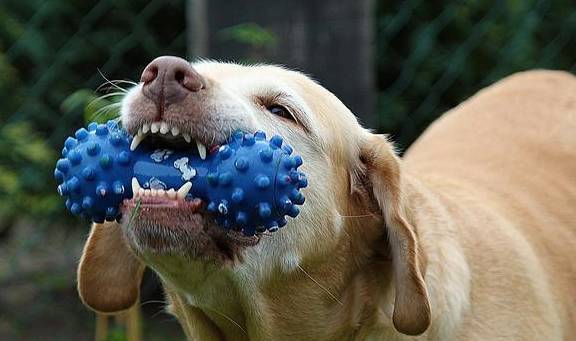Is your dog’s oral health healthy? According to research, furry children between the ages of 2 and 3 are most often infected with oral diseases, and small dogs account for the majority, because small dogs have a small volume and mouth, but the number of teeth has not decreased, and small dogs Deciduous teeth are easy to remain in the mouth, causing the teeth to be too close together, leaving food residue between the teeth, which in turn leads to the growth of bacteria, plaque and tartar, and causes gingivitis, bad breath, toothache and other symptoms.
In addition, if the dog gnaws hard objects for a long time, or there are food residues, it may cause abnormal wear and tear on the teeth and cause bacterial infection, tooth decay and periodontal disease. Diseases such as kidney disease or heart disease, etc., the owner must not be careless.
As the saying goes: “Toothache is not a disease, but it can kill you when it hurts.” If a furry child suffers from a disease, as a parent, it must be uncomfortable. Since pets can’t talk, how can we protect our pets from dental diseases? ? In fact, as long as you do the following things well, you don’t have to worry too much!
Regularly brush your pet’s teeth: It’s very simple to brush your dog’s teeth by yourself, as long as you prepare a special toothbrush and toothpaste (most human toothpaste contains fluoride, which is highly toxic to dogs, you need to use pet-specific toothpaste), after the dog eats Treat cleaning your teeth like playing a game, and encourage it while brushing it. After a long time, they will get used to it and let you brush your teeth automatically. In addition, there are mouthwashes for dogs on the market, you can also consider letting dogs use it~
Proper use of teething bones and toys: There are many synthetic bones and chew toys on the market that are specially designed to strengthen your dog’s gums and teeth. During the chewing process, dogs can maintain oral health; Note that some products are of poor quality and hard-made products, which may cause the dog’s teeth to break during the chewing process, so pay special attention when purchasing.
Reduce high-sugar foods: When choosing food for dogs, pay attention to the ingredients of the food (including snacks), and reduce the intake of starchy and sugar-containing foods, which can reduce the possibility of bacteria breeding in the mouth.
Regularly take it to the veterinarian for examination: Regularly take it to the veterinarian for examination to confirm the oral health status. For problems such as jaundice, swollen and bleeding gums, please don’t hesitate to take the dog to a qualified veterinary clinic for further treatment immediately is the best policy! In addition, if the dental calculus is very serious, you can also ask a doctor to evaluate whether to perform tooth cleaning, because tooth cleaning requires general anesthesia, which is related to the dog’s age and physical health, so it is more appropriate to be evaluated by a doctor.




















